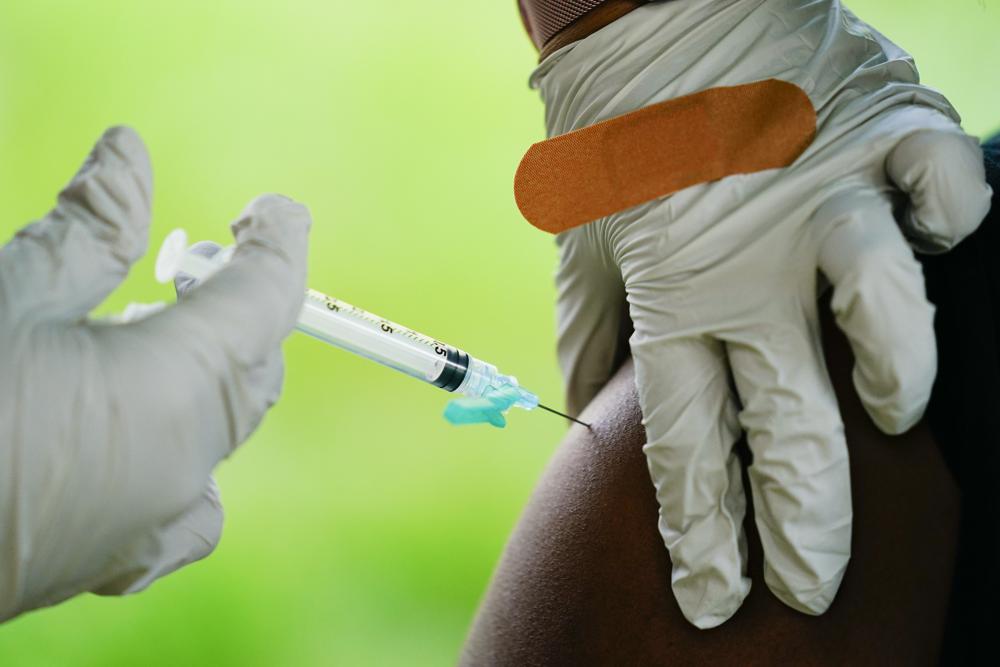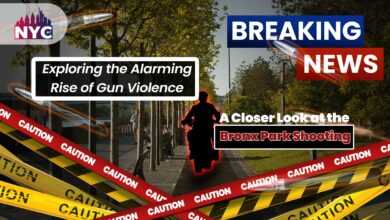An FDA Advisory Council Is Rejecting Pfizer Booster Injections

COVID-19 vaccination booster doses were rejected by a US Food and Drug advisory panel on Friday. However, they were approved for those 65 and older and those at high risk of severe COVID-19.
The decisions occurred amid debate among experts within and without the FDA about whether or not boosting doses are required for those who aren’t impaired and who should get them.
The decision was 16-2 against boosts of the Drug company vaccine for people aged 16 and up who had already received two injections. The FDA is not obligated to adopt the committee’s advice, although it frequently does.
Dr. Sharon Nachman, Stony Brook Medicine’s chief of pediatric infectious diseases, praised the decision as “the ideal compromise. That’s precisely what had to happen.”
According to Nachman, determining anyone under the age of 65 is at a high enough risk for severe COVID-19 to need a booster dose “is more subject to interpretation.” She advised that people with health issues connected to severe COVID-19 should consult their doctors about getting a booster dose.
Next week, a Centers for Disease and Prevention committee will explore giving more precise guidelines on who should get a booster vaccine, including who is at increased risk of severe COVID-19.
Representatives of an FDA panel of an outside specialist mutually voted that “health care professionals or those at high risk of occupational exposure” should have been included among those eligible for boosters.
The committee’s authority, according to Diamond, was “a judgment call.” It’s a cost-benefit analysis. It is not irrational. We know the vaccine’s potency reduces with time, but we also know it effectively prevents death and hospitalization.
Those individuals could be given boosters in the future, she suggested. There would be more safety data on vaccinations by that time, according to Diamond.
Dr. Steven Carsons, head of the vaccine program at NYU Commensurate Hospital-Long Island, said he “probably would have leaned further towards” permitting booster shots for anyone aged 16 and up.
Currently given points concerning the necessity for boosters from Pfizer-BioNTech and Israeli health officials, who began giving advocates to their citizens in July, the FDA panel rejected the application.
The Pfizer-BioNTech vaccine is still incredibly protective against severe illness and death, according to research. Immunity levels in those who have been inoculated wane over time, and booster packs can reverse this. However, the vaccine is still highly protective against severe illness and death, according to research.
President Joe Biden’s top health experts, including the directors of the FDA and the CDC, declared its intention for universal booster shots more than a month ago, with a start date set for the week of Sept. 20. According to the company, starters would be given eight months following the second dosage of the Pfizer-BioNTech and Moderna vaccines.
But it was before FDA staff researchers had finished their own data analysis. Officials in the Biden admin then stated that they would follow scientists’ recommendations.



